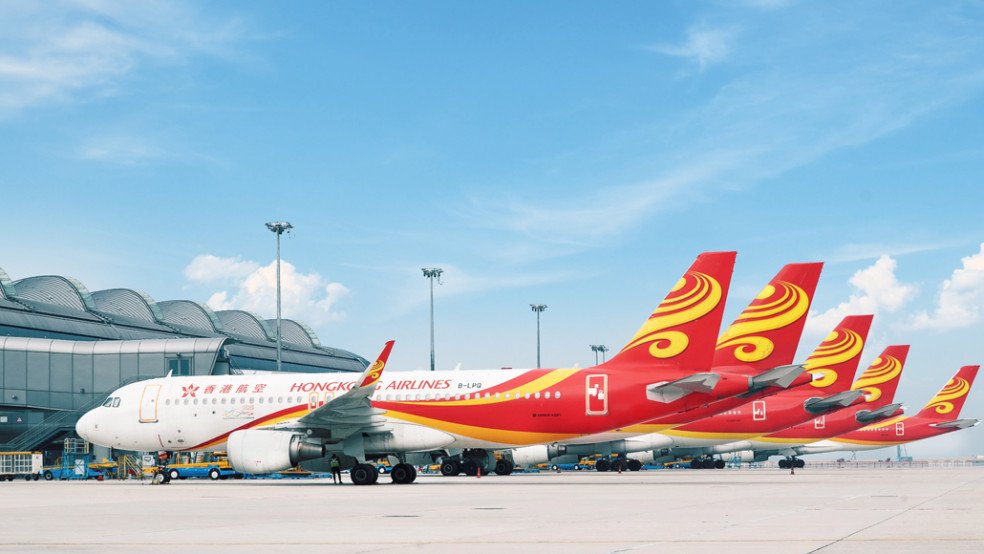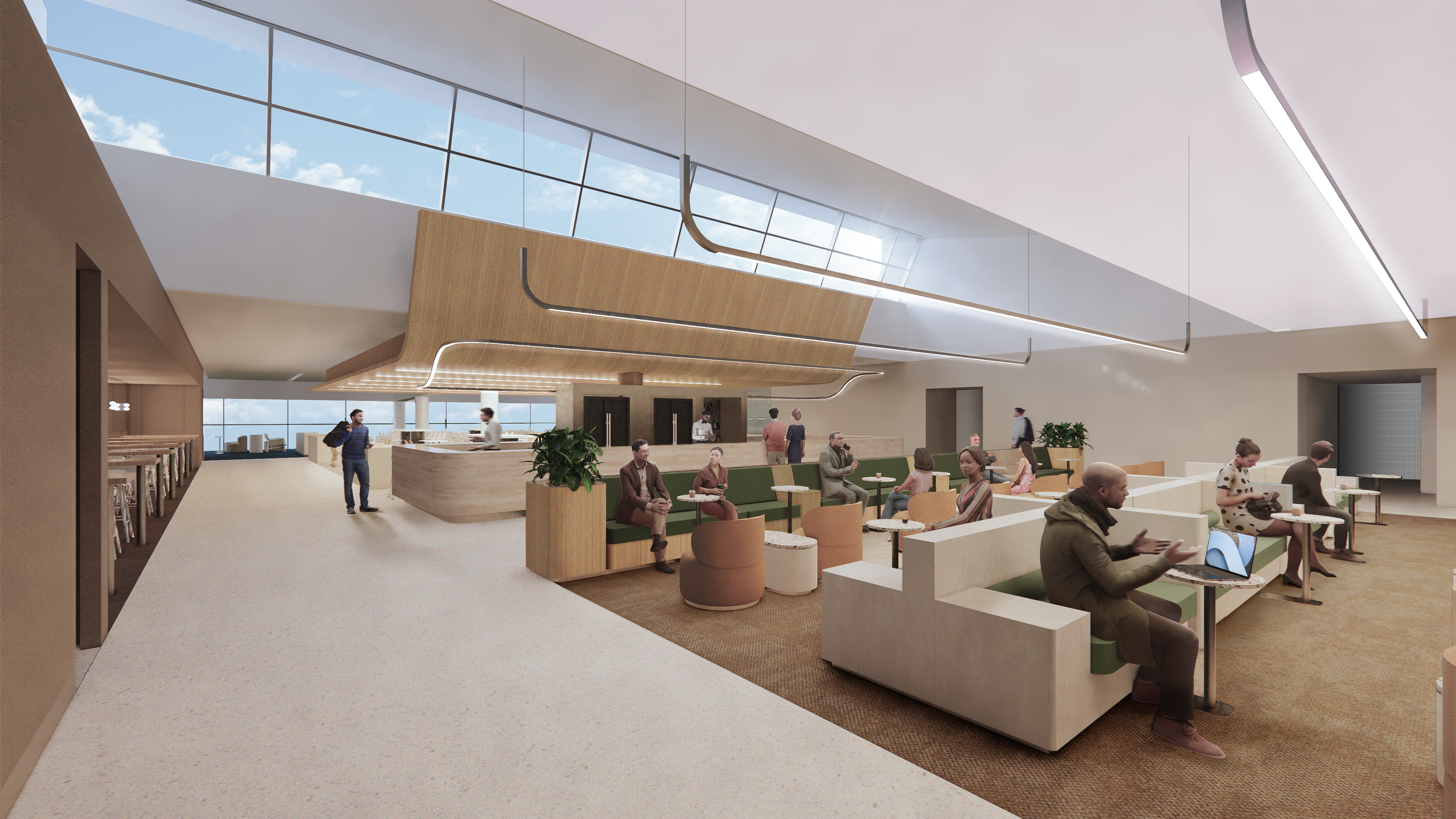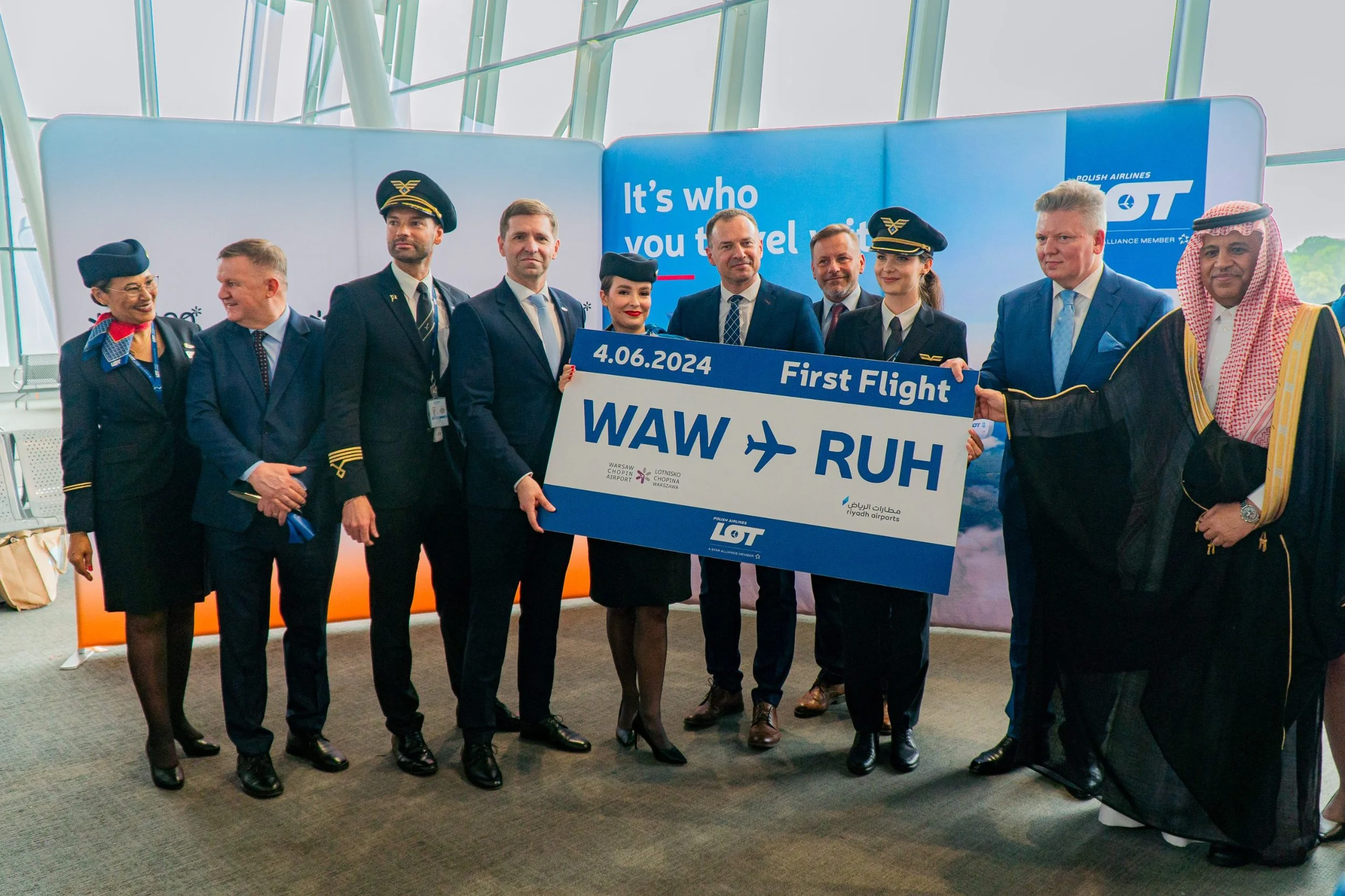KLM Harnesses Artificial Intelligence to Reduce Food Waste on Flights

KLM Royal Dutch Airlines is pioneering a sustainable approach in the aviation industry by leveraging artificial intelligence (AI) to drastically cut down on food waste on board its flights. By employing AI technology, KLM can more accurately forecast passenger numbers, ensuring that food preparation is closely aligned with actual demand. This innovative strategy has led to a remarkable reduction of up to 63% in food wastage, translating to over 100,000 kg of meals saved annually.
Marjan Rintel, CEO of KLM, emphasized the airline's commitment to integrating digital technology for enhancing flight operations and sustainability. "The application of artificial intelligence is a significant step forward in our efforts to make our operations more sustainable. By significantly reducing the number of meals wasted, we are not only cutting costs but also making a positive environmental impact," Rintel stated.
The crux of KLM's success in minimising food waste lies in its deployment of the TRAYS AI model, developed in collaboration with Kickstart AI—a collective initiative aimed at propelling AI adoption within the Dutch business sector. TRAYS, specifically tailored for KLM's catering services, utilises historical data to predict passenger numbers for each flight. This prediction begins 17 days prior to departure and is refined up until 20 minutes before takeoff, ensuring precision in meal planning across different travel classes.
The implementation of TRAYS, in conjunction with the Meals On Board System (MOBS), has enabled KLM to precisely match meal supplies with expected passenger numbers. This system is particularly effective for intercontinental flights departing from Schiphol Airport, where it has been reported that an average of 2.5 meals per flight, equivalent to 1.3 kg, are saved from waste. This initiative represents a significant stride towards sustainability, with a yearly saving of 111,000 kg in meals across all KLM flights catered from Schiphol.
Beyond catering, KLM is exploring the use of AI across various facets of its operations, including aircraft maintenance and customer service enhancements. AI-driven tools are being developed to forecast adverse weather conditions, optimizing flight schedules for reliability, and offering personalized travel tips to passengers post-booking.
Sander Stomph, CEO and co-founder of Kickstart AI, lauded the project's impact, highlighting the broader goal of accelerating AI adoption within the Dutch business community. "Our collaboration with KLM on the TRAYS model showcases the potential of artificial intelligence to address critical business challenges while advancing sustainability goals," Stomph remarked.
KLM's initiative marks a significant milestone in the aviation industry's journey towards sustainability, demonstrating the potential of AI to transform operational efficiency and environmental stewardship. As airlines worldwide seek ways to reduce their environmental footprint, KLM's AI-driven approach to combating food waste stands out as a beacon of innovation and responsibility.





























